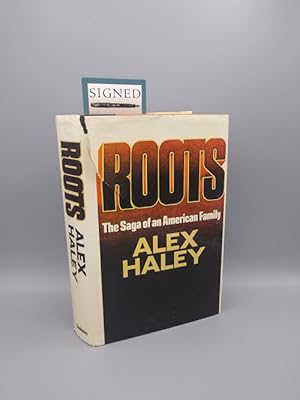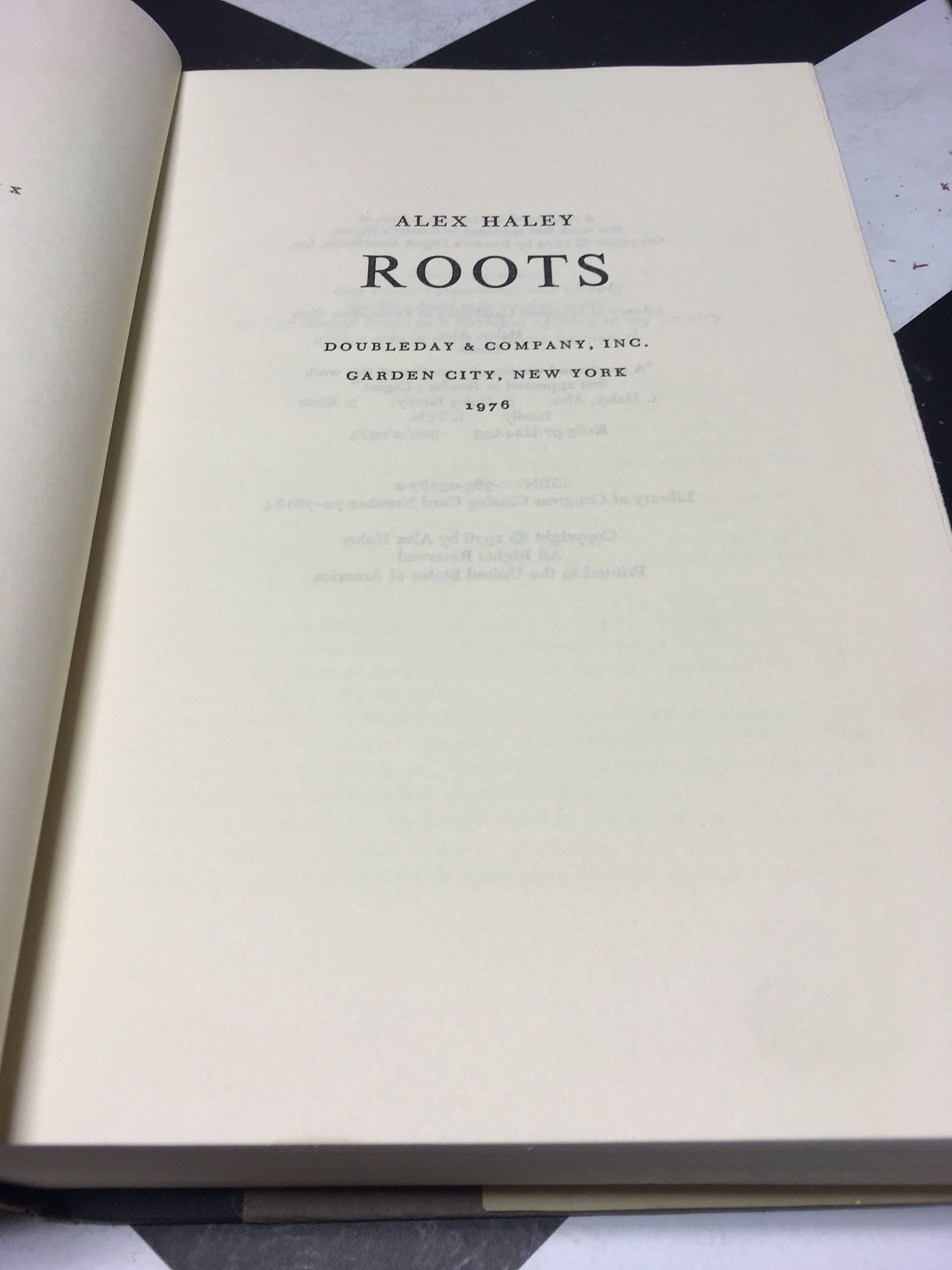

It was as if The Gambia had been a dream he'd had once long ago. Was he still an African, or had he become a 'nigger,' as the others called themselves? Was he even a man? He was the same age as his father when he had seen him last, yet he had no sons of his own, no wife, no family, no village, no people, no homeland, almost no past at all that seemed real to him anymore - and no future he could see. "He was thirty-four rains old! What in the name of Allah had happened to his life? He had been in the white man's land as long as he had lived in Juffure. This lesson from his father Omoro will help Kunta regain his broken spirit when he is enslaved.

It in instills in Kunta the importance of staying connected to his past and anticipating his future, for all are a part of his life at any given time. This quote shows two of the book's primary themes, time and family. This idea recurs throughout the novel after Kunta is captured and misses his family in Africa, and also as the generations go on and they are separated by death or distance. Omoro offers these comforting words, which teach his son that death is part of life and that those dead, alive, and not yet born are all connected even if they are not physically together.

Kunta's father Omoro takes him aside when the young boy is grieving for his Grandma Yaisa. 'The third people,' said Omoro, 'are those waiting to be born.'" page 24 'And the third people - who are they?' asked Kunta. Second were the ancestors, whom Grandma Yaisa had now joined.

First were those you could see - walking around, eating, sleeping, and working. "He said that three groups of people lived in every village. This story foreshadows his capture or at least that something bad might happen to him, since it is clear that the adults in the village are trying to prepare their children for a changing world in which being a good person does not always guarantee a good life. As a boy Kunta often does not understand the gravity of the dangers that could befall him from letting his guard down. Nyo Boto is teaching the children to never fully trust outsiders, especially in the age of the "toubob" - Europeans who have come to Africa, sometimes as ecologists and explorers but most of the time as exploitative slave traders, helped by native Africans. The old woman, Nyo Boto, who is a midwife, slave, and treasured member of the community, tells the above story, which is about a rabbit outsmarting a crocodile, only to be killed by humans whom he had helped by ensnaring the crocodile. Kunta Kinte hears many stories as a small boy in his village Juffure. This is what I have told you as a story." page 12 "It is the way of the world that goodness is often repaid with badness. "So the crocodile was right," said Nyo Boto.


 0 kommentar(er)
0 kommentar(er)
